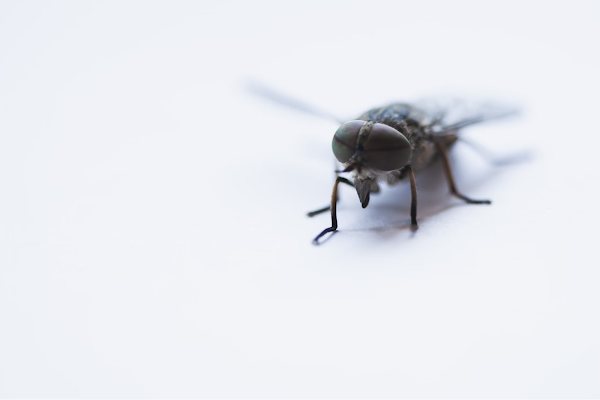Top 6 Pest Control Hacks Every Homeowner Needs to Know
Pests invading your home can be a nightmare. From ants parading through your kitchen to mice making themselves comfortable in your walls, these unwanted guests can wreak havoc on your peace of mind. But fear not, as these simple yet effective strategies will help you keep your home pest-free without breaking the bank or using harmful chemicals.
1. Seal Entry Points
The first line of defense against pests is to prevent them from entering your home in the first place. Take a thorough walk around your house and identify any cracks, gaps, or openings that could serve as entry points for pests. Consulting with Watts Pest Control can help you determine your course of action, especially if greater action is required. But, for starters, seal these openings with caulk, weatherstripping, or wire mesh to keep pests out. Pay special attention to areas where pipes and wires enter your home, as these are common entry points for pests like rodents and insects.
2. Keep Your Kitchen Clean
The kitchen is like a buffet for pests, offering easy access to food and water. To deter pests from making themselves at home in your kitchen, keep it clean and tidy. Wipe down countertops, sweep floors, and promptly clean up any spills or crumbs. Store food in airtight containers, and don't leave pet food out overnight. By eliminating food sources, you can make your kitchen less appealing to pests and reduce the likelihood of an infestation.
3. Trim Trees and Shrubs
Overhanging branches and dense vegetation can provide pests with easy access to your home. Keep trees and shrubs trimmed away from your house to eliminate potential pathways for pests, such as ants, spiders, and rodents. This not only reduces the risk of pests finding their way indoors but also improves the overall appearance of your property.
- When trimming trees and shrubs near your home, aim to create a clearance of at least 18 inches between vegetation and the exterior walls. This distance makes it more difficult for pests to bridge the gap and enter your home.
- Pay attention to trees with branches overhanging your roof, as these provide convenient access points for pests like rodents and squirrels. Trim back branches to prevent pests from gaining access to your attic or roof space.
- Regularly prune shrubs and bushes to maintain a tidy appearance and discourage pests from nesting or hiding in dense foliage. Properly maintained landscaping can also improve airflow and sunlight exposure, reducing moisture levels and deterring pests.
4. Declutter Your Space
Clutter provides pests with hiding spots and breeding grounds, making your home more inviting to unwanted visitors. Take the time to declutter your living spaces, paying special attention to areas like basements, attics, and closets. Store items in sealed containers and keep storage areas neat and organized. By reducing clutter, you'll make it harder for pests to find places to hide and thrive in your home.
5. Use Natural Pest Deterrents
You don't have to resort to harsh chemicals to keep pests at bay. There are plenty of natural pest deterrents that are safe, effective, and environmentally friendly. For example, peppermint oil is a natural repellent for spiders, while diatomaceous earth can help control crawling insects like ants and cockroaches. You can also plant pest-repelling herbs like basil, mint, and lavender around your home to deter insects.
- Create homemade pest deterrents using ingredients like vinegar, citrus peels, and essential oils. For example, a mixture of vinegar and water can be used as a natural cleaner and pest repellent for surfaces like countertops and floors.
- Planting certain flowers and herbs in your garden can attract beneficial insects that prey on pests. Marigolds, for example, repel nematodes in the soil, while plants like dill and fennel attract ladybugs, which feed on aphids and other garden pests.
- Consider incorporating physical barriers like diatomaceous earth or copper tape to deter pests in specific areas of your home or garden. These non-toxic substances create barriers that pests are reluctant to cross, effectively keeping them at bay.
6. Regular Maintenance
Prevention is key when it comes to pest control, and regular maintenance is essential for keeping pests at bay. Schedule routine inspections of your home to identify and address any potential pest issues before they escalate. Keep up with tasks like cleaning gutters, repairing leaky pipes, and sealing cracks to eliminate potential entry points for pests. By staying proactive, you can nip pest problems in the bud and enjoy a pest-free home year-round.
With these top pest control hacks in your arsenal, you can protect your home from unwanted invaders and enjoy peace of mind knowing that your living space is clean, safe, and pest-free. By taking a proactive approach to pest control and implementing these simple strategies, you can keep pests at bay without resorting to expensive or harmful chemicals.





.png)



No comments
Thank you for dropping by! I would love to hear what you thought. :)
Thanks!
♥,
Diana